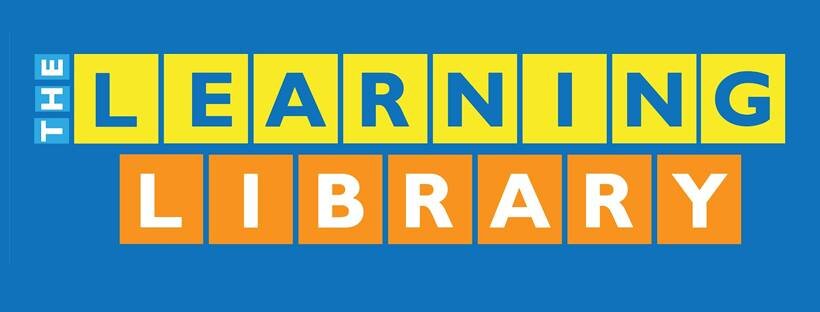How do I choose the best books for my child?
Alex Deakin, Researcher
Children who grow to love reading almost end up with a new superpower. Those who develop interests in reading have been shown to have higher levels of concentration and focus, as well as increased brain function. But while parents may always wish or intend for their children to become readers, many often struggle to provide either the proper setting or to give their children access to the right kind of books.
We here at The Learning Library have been teaching children not just how to read but to love reading as well, since our founding in 2006. We’re happy to share tips on how to choose the best books for your children.
How do I pick the right book for my child?
Reading has been said to be the foundation of learning and it is one of the most valuable skills a child can have, but to first get your child to enjoy reading you must find the right book for them. Here are some simple steps to take towards sparking a lifelong interest in reading!
Make sure your child is interested in it.
The first thing that goes into picking a book is whether or not your child is interested in it. As their parent, you should be the best judge of what your child likes and doesn’t like. Pick the book they like, not what you’d like.
Take your child's age into account.
Different books are suited to different ages -- consider format as well as content. Toddler books must still be readable after being thrown across the room, drooled on, or even chewed! Content should be compatible with their age: take care not to give a “heavy” book at a young age, make sure the child will be able to appreciate the themes. Younger children will enjoy a good plot while older children may prefer stories with an emphasis on characters and their personalities. If you like a book but the child is not ready, keep it waiting on the shelf in the meantime.
To learn more the right book for your child's age check out our guide!
Illustrations are key!
Vivid and imaginative images go a long way in keeping the child focused on the story while keeping them entertained. Illustrations are especially key for younger readers from ages 4-8: they often help the child understand the story better. They will eventually transition into pictureless books, but in the meantime, finding a great story with wonderful illustrations will help get them hooked. Here are some examples of books that have been awarded the Caldecott Medal for Illustration -- always good bets!
Make it a book that you can read again and again!
Reading aloud or reading together builds a lifelong bond between you and your children. To make it truly enjoyable, pick a book that both you and your child will want to read over and over again. Alternate between choosing the book and letting them choose it: their choice will sometimes be a surprise, but there are certain books with a magic that children appreciate best. A ritual of regular reading with your child will create memories that last a lifetime. Looking for Filipino books? Here are some that we recommend for your child.
How the message is delivered is important.
Many children's stories are written to impart wisdom or a moral lesson. The best ones do so in a way that is engaging and entertaining to children. Aesop’s fables are a good example: “The Boy Who Cried Wolf” shows how lying breaks trust through a story any child would appreciate. We all want to give our children books to learn and live by, and when we take the effort to find the best ones then the lessons are taken to heart.
Final Thoughts
While getting a child to read consistently may be a daunting task, it’s one of the most important tasks parents have -- and possibly one of the most rewarding. It’s important to always keep the “why” in mind. Learn more about the many benefits of reading in this link.
Would you like to talk more about children’s books? The Learning Library offers reading comprehension lessons and English tutorials. Feel free to send an inquiry to The Learning Library to inquiries@learninglibraries.com or via our Facebook page.

